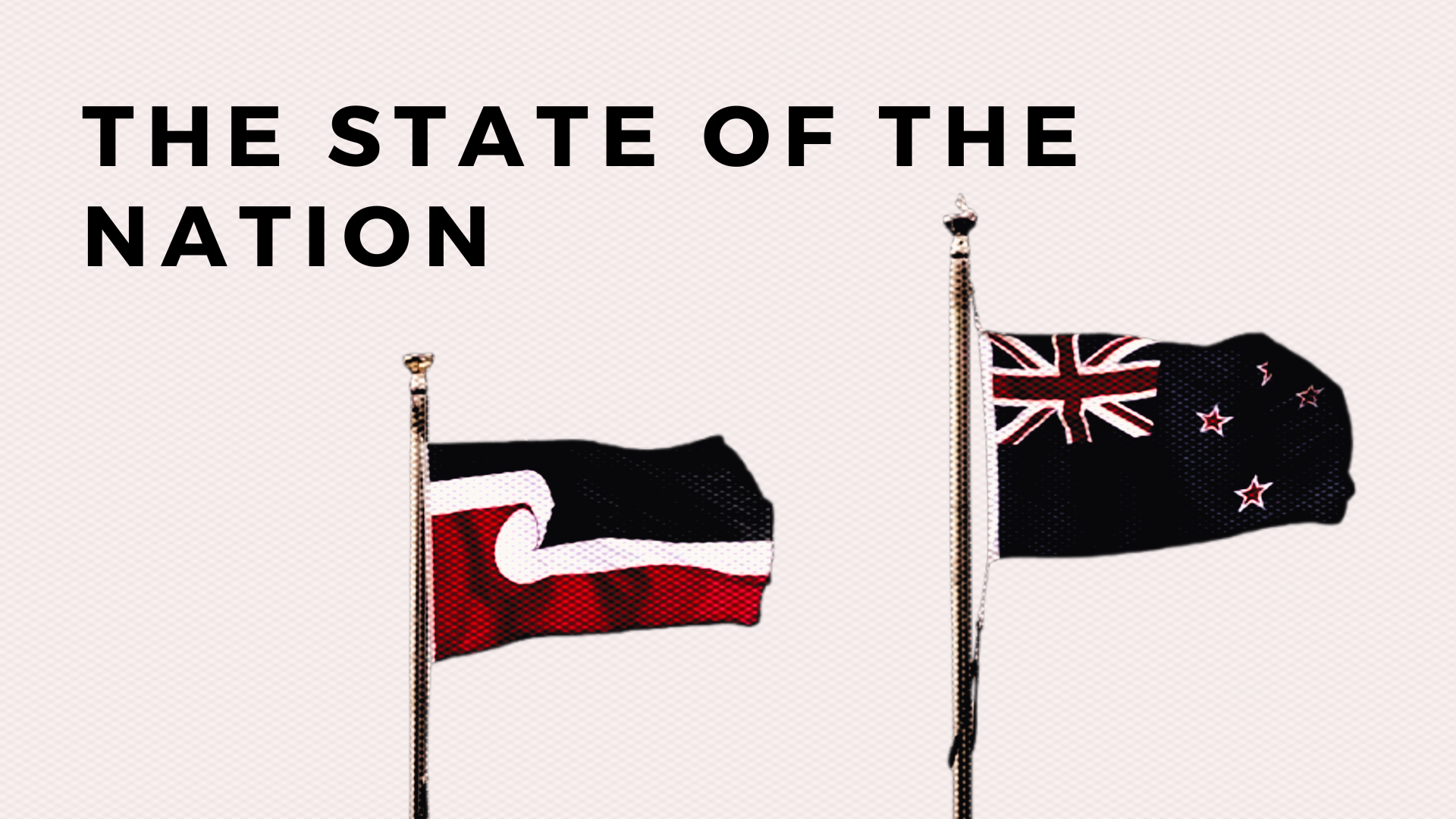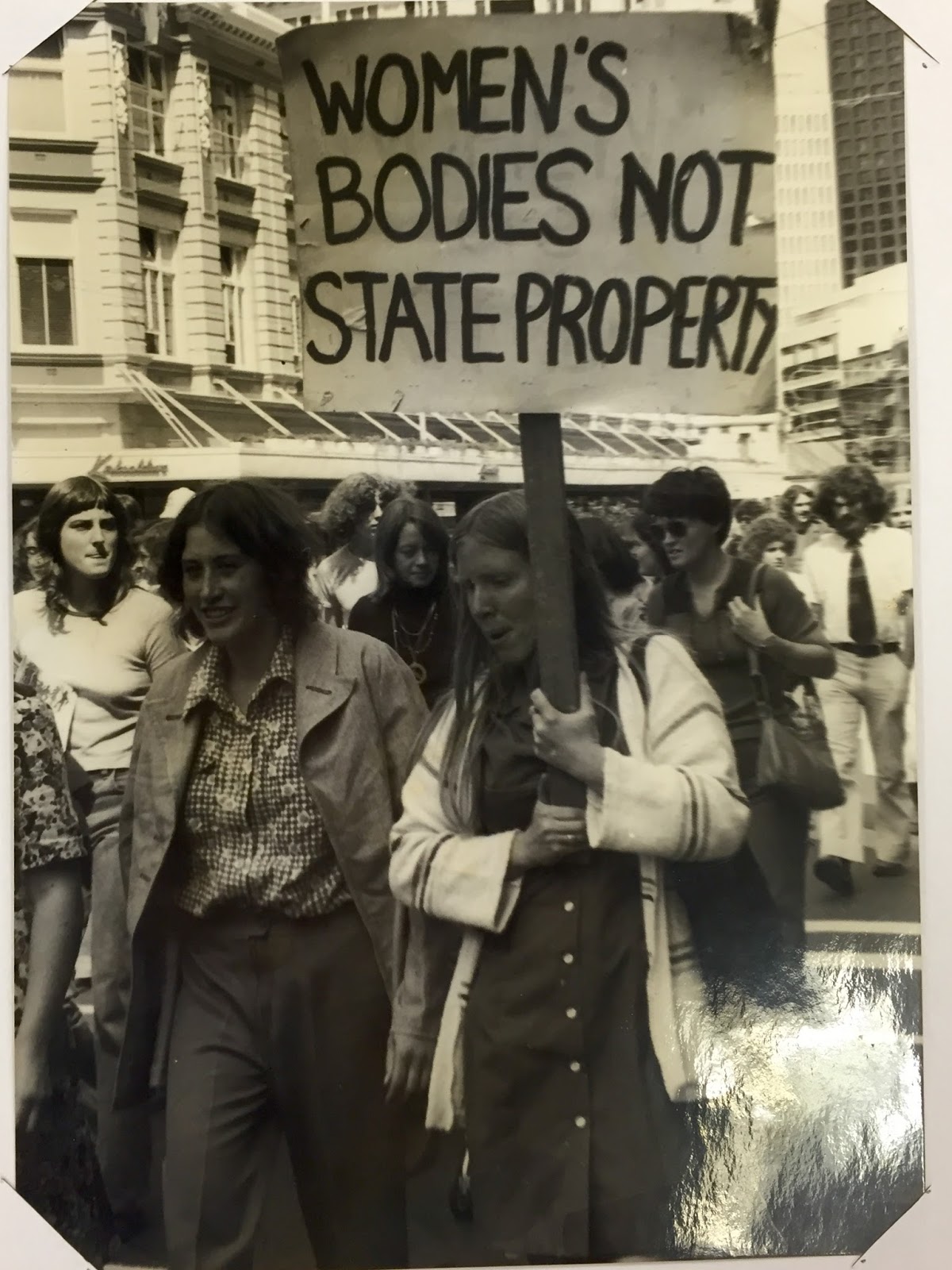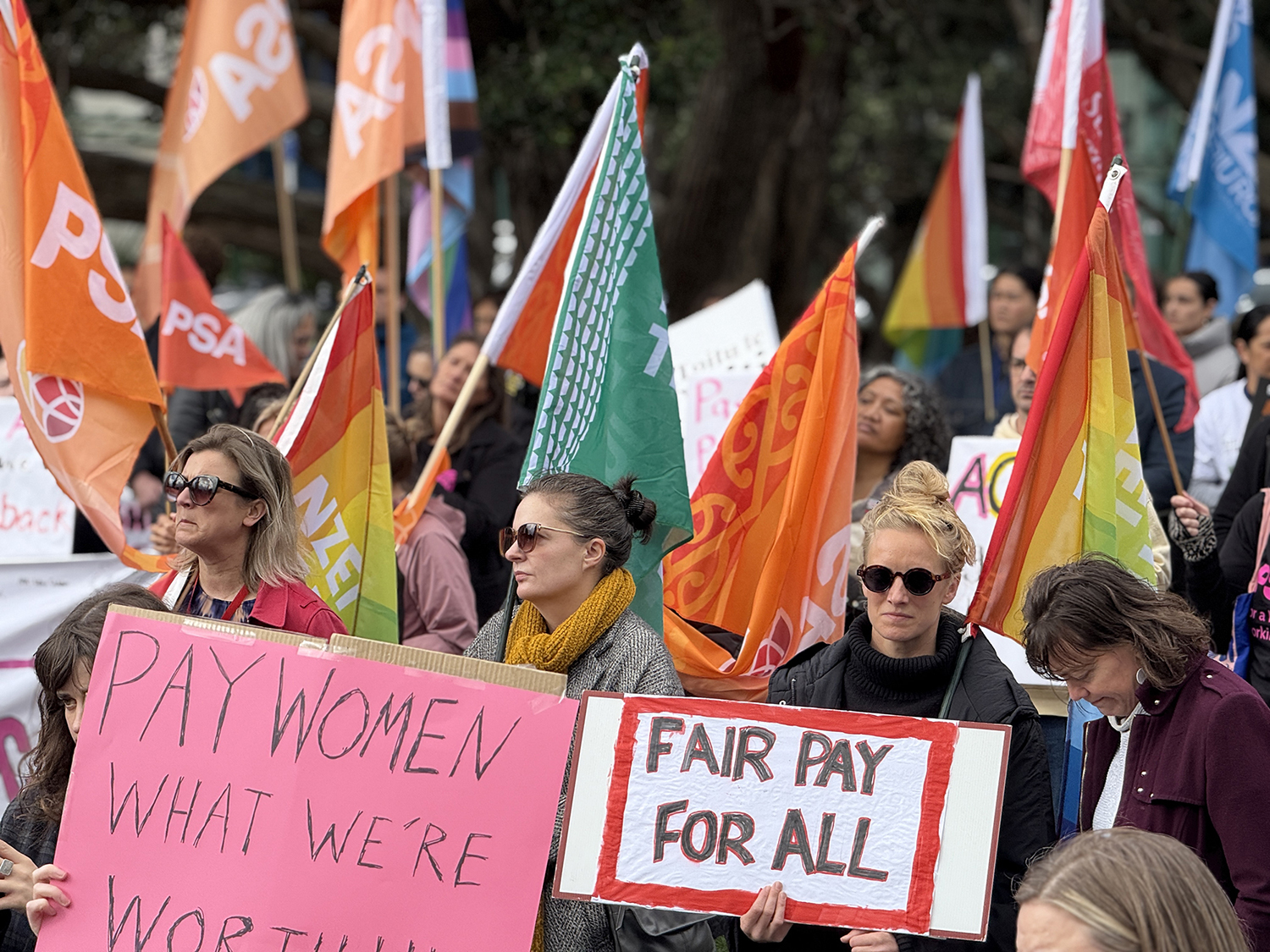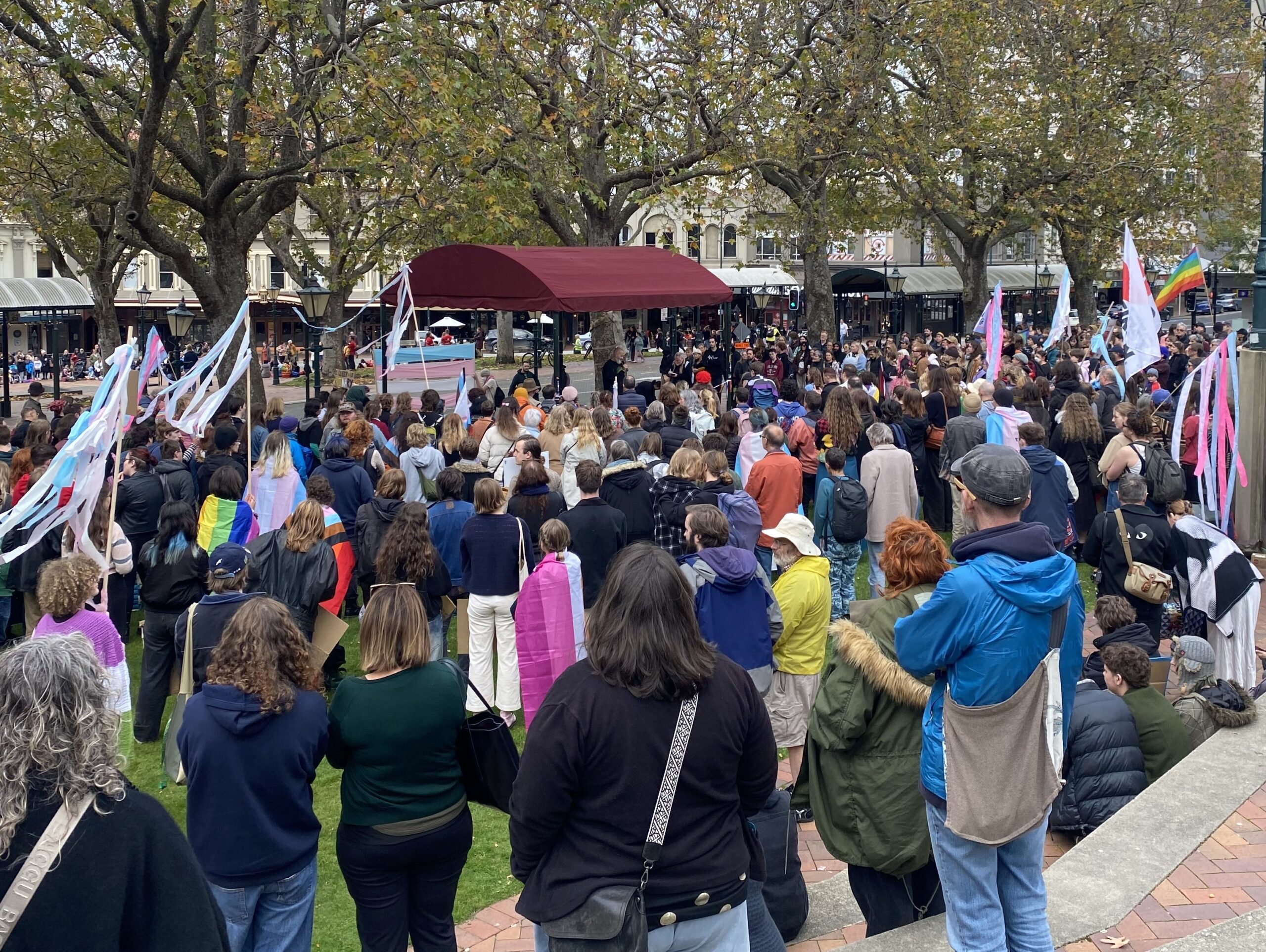The world today has a wide range of obvious problems. These include a widening gap between rich and poor within the advanced capitalist countries, widespread malnutrition and starvation in the so-called ‘third world’, mass unemployment in many countries, the oppression of women, blacks, gays and lesbians, the US invasion and occupation of Iraq, the destruction of the natural environment, and a lack of real substantive democracy in countries that claim to be democratic.
By joining the ISO, you can be part of an organisation that provides a forum for ongoing discussing about what’s wrong with world and that helps in this and other ways to clarify, enhance and deepen your understanding of the world around you.
Most of us think that the way the world is sucks, and that something should be done about it. But in order to change the world you must first understand the underlying causes of problems like war, mass starvation in Africa, environmental devastation, class inequality, sexism and racism. This is the second reason for being a member of the ISO — to develop, and then communicate to others, an understanding of why the world is so bloody horrible. We analyse why the world is riddled with inequality, oppression, violence and war — so that we can develop an understanding of how we can change it for the better in the short-term, and create a fundamentally better world in the long-term.
Of course, you may be convinced that the world needs to be changed but be unsure or unconvinced that the ISO is the best place to be if you want to change it. The majority of people who are critical of the world, and think that it needs to be changed, also think that the best way to do so is voting for parties like the Alliance, Labour and the Greens who promise to make a positive difference when in government.
Unfortunately, history suggests that the very most that these parties can achieve when in government are small incremental adjustments to whatever the prevailing policy regime is. For example, the 1999 general election involved the biggest vote (51%) for ‘centre left’ parties since 1945, reflecting mass working class opposition to neoliberal policies that had made the top 10% of New Zealanders better off, and the majority worse off. Despite having an electoral mandate to dismantle the neoliberal policy regime that governments introduced from 1984 to 1999, all the Labour-Alliance Government did, with the support of the Greens, was to make small changes to it. This has done nothing to fundamentally improve life for the working class majority of New Zealanders.
Parties like the Alliance, Labour and the Greens are reformist parties, meaning they are committed to reforming the existing society rather than changing it in any fundamental way. In practice, this amounts, as with the Labour Government from 1999 to 2005, to doing little more than bringing in small changes that do very little to reduce the highly unequal distribution of income and wealth in society, including the major inequalities between women and men, Maori, Pacific Peoples and Pakeha, and absolutely nothing to increase the minimal influence that the majority of New Zealanders have over the decision-making of government.
The big problem with all these parties is that they are committed to managing capitalism. But it is capitalism that generates inequality, mass unemployment, the growing gap between rich and poor nations, military conflict over resources, markets and territory, and environmental devastation. It is entirely unrealistic to think that capitalism can be reformed into a genuinely egalitarian, democratic and environmentally sustainable system. It is a system based on the pursuit of profit and the accumulation of wealth, on corporate greed rather than human need, on the essentially undemocratic rule from the top down by political, bureaucratic and corporate elites, and on the reckless use of the world’s natural resources to maximise the profits and wealth of a tiny minority of the world’s population.
The reality is that the only way to create a better world, a world that is egalitarian, democratic and environmentally sustainable is to get rid of capitalism altogether and replace it with a better way of organising society (about which more shortly).
Closely related to this problem with trying to change the world through becoming involved in reformist parties, is the idea that real change can ever come through parliament. The historical reality is that fundamental, as opposed to minor, change has not come through parliament. No reformist government in any country in the last 150 years has successfully overcome the fundamental problems that are generated by capitalism: class inequality, unemployment, alienation within the workplace, sexism, racism and the destruction of the natural environment.
Fundamental change cannot come through parliament because the parliamentary system of government involves a very limited form of democracy in which the majority of citizens have very little influence over government. The real power in capitalist society does not, for the most part, reside in parliament; it resides behind closed doors in the boardrooms of large corporations. If a government did introduce policies that big business didn’t like, business would respond by sending money offshore, causing a currency crisis with the value of NZ dollar falling and interest rates rising. This would put great pressure on government to reverse course and adopt a more ‘business friendly’ approach to managing the economy.
Within the institutional machinery of government (parliament, cabinet, etc.), political power is heavily concentrated in cabinet and its key advisory bodies – Treasury and the Reserve Bank. Rank-and-file members of parties like Labour and the Greens have, in comparison with Treasury officials, no real influence over government policy-making.
If you want to channel your energy into a political organisation, then you should channel that energy into the ISO — an organisation that recognises that capitalism is a system of exploitation that generates inequality, and that only very limited change can come through parliament.
Of course, members of the Greens, for example, will disagree. They are likely to argue as follows: “We admit that, as part of a coalition government, we will not be able to eliminate poverty, unemployment, sexism or racism, but we can introduce policies in the ‘here and now’ that will ease these problems and forms of oppression. Surely, it is better to do something here and now than it is to wait around for a revolution that may never come. After all, as the social democratic economist Keynes said, in the long-term we’re all dead.”
It is on this point that the Green’s reformist argument superficially appears at its strongest, but is in reality very weak. Reformists always respond to criticisms from revolutionary socialists by claiming that we are only for revolutionary change in the long-term, and consequently that we are unable to contribute to current struggles to change society.
The truth is that ‘revolutionaries are the best fighters for reform’. We try and build every struggle in the short-term. We do not sit around on our hands passively awaiting ‘the revolution’. Nor do we argue that the best way to resist the political right (ACT, Destiny, National, NZ First) is simply to vote for parties of the left. We argue for mass militant protest action and active involvement in our unions, aimed at achieving changes now, rather than waiting for politicians to improve things for us after the next election.
In recent years, despite its small size, the ISO has played a key role in building and sometimes leading campaigns. For example, the Dunedin branch of the ISO has been the backbone of the anti-war movement in the city since the US invaded Afghanistan and then Iraq. We have found that parties like Labour and the Greens in practice tend to be much more interested in doing electoral work than in helping to build campaigns on the ground. And neither of these parties has been prominent in supporting workers when they have been struggling for a wage rise and better conditions of employment. In contrast, in our short history we have been on the picket lines of nurses, waterside workers, cleaners, teachers, and university staff.
When you join the ISO you are joining an organisation of activists, with experience of previous campaigns, so that you can do more than simple turn up to events— you can help plan and organise them.
Perhaps the most important reason for joining the ISO is that you can contribute to a political organisation that keeps alive the vision of a better world. Unlike Labour or the Greens, we do not accept that a capitalist world of war, inequality, and environmental devastation is the best that humankind can achieve in its historical journey on this planet. We believe that it is both feasible and desirable to create a democratic socialist world without inequality, war and oppression — a world in which production is for need, not profit, and in which the majority really do govern society.
As an isolated individual there is little that you can do to change the world. As the British socialist, Paul Foot, argues, “You can’t be a socialist on your own. That sounds so obvious it is almost embarrassing to write it down. Yet still the world is full of people who declare they are socialists and then confess that they are on their own. Socialism is a system of society founded on cooperation, on pooling and sharing our resources. Getting socialism requires even more sharing and pooling. We cannot even start to change the world unless those who want to do so help to build a socialist organisation.”
This is what we in the ISO are trying to do. If you really do care about the state of the world today, and the exploitation and suffering of the working class and peasant majority of the world’s population, and if you really do want to change it for the better, then you should join the ISO.









